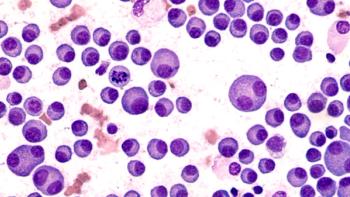
Patients treated with cilta-cel had a 76% reduction in the risk of death compared to patients treated with physician's choice of treatment.

Patients treated with cilta-cel had a 76% reduction in the risk of death compared to patients treated with physician's choice of treatment.
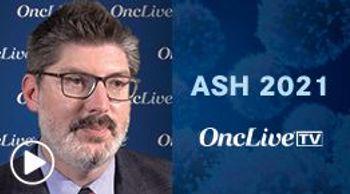
The vice chair, Blood and Marrow Transplant and Cellular Immunotherapy Program, and co-leader, Immuno-Oncology, Moffitt Cancer Center, discussed the results of the phase 3 ZUMA-7 trial.
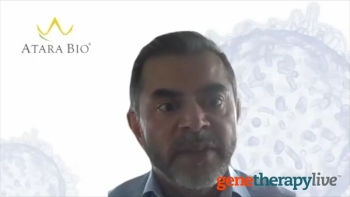
AJ Joshi, MD, chief medical officer, Atara Biotherapeutics, discussed safety findings from the phase 3 ALLELE study.
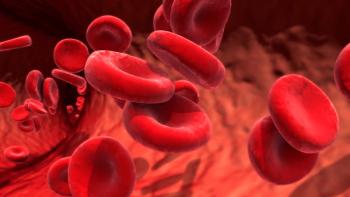
Annualized bleeding rate, spontaneous bleeding, and joint bleeding rates were all reduced in patients dosed with fitusiran compared to those receiving on-demand treatment.
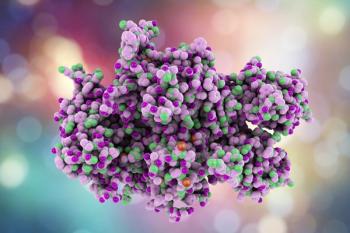
Over half of patients in the fitusiran arm of the ATLAS-INH study had 0 treated bleeding events.

Following GS030 optogenetic therapy, the first treated patient was able to locate and count objects on a table and could identify crosswalks in the street.
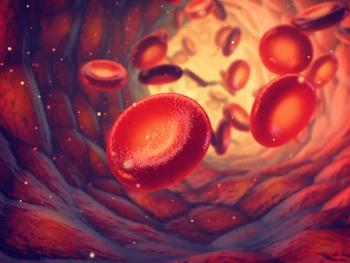
The findings, which were simultaneously reported in the New England Journal of Medicine, support beti-cel as a potentially curative, one-time treatment option for these patients.
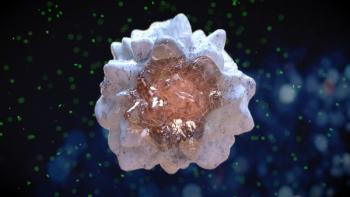
ADI-001 does not require genetic engineering to remove TCRs to avoid GvHD, making them ideal for an off-the-shelf cell therapy.
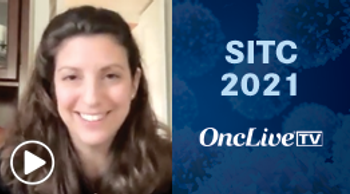
The oncologist from Abramson Cancer Center, Penn Medicine discussed the initial results of the phase 1 trial of CT-0508 in HER2-overexpressing solid tumors.
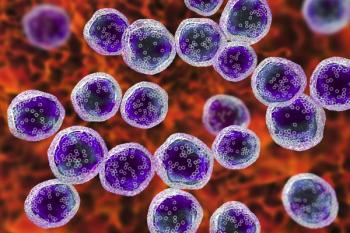
Patients treated with the CAR T-cell therapy had an over 4-fold increase in event-free survival.
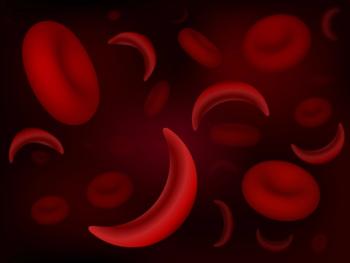
All evaluable treated participants experienced a reduction in vaso-occlusive events after treatment with ARU-1801.
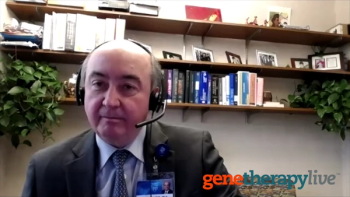
The hematologist/oncologist from Mayo Clinic discussed the role of HLA loss in common cancers and its use as a biomarker.

Cedrik Britten, MD, chief medical officer, Immatics discussed data on IMA203 presented at SITC 2021.

Findings from the phase 2 INFINITY trial identified dose-dependent safety outcomes of ADVM-022 in patients with diabetic macular edema.

The hematologist/oncologist from Mayo Clinic discussed the BASECAMP study and how it will inform future studies assessing Tmod technology.

AJ Joshi, MD, chief medical officer, Atara Biotherapeutics, discussed the advantages of tab-cel over other T-cell therapies.

CRISPR Therapeutics presented positive data on 2 preclinical programs at the 2021 SITC meeting.
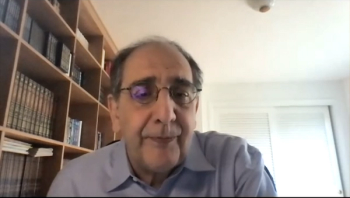
The professor from University of Pittsburgh School of Medicine discussed the combination of an optogenetics device and gene therapy in treatment of RP.
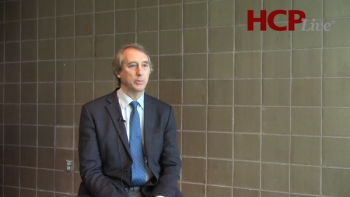
The chief executive officer of California Retina Consultants discussed the positive results of RGX-314 gene therapy in wet AMD.

AJ Joshi, MD, chief medical officer, Atara Biotherapeutics, discussed data from the ALLELE study to be presented at ASH 2021.

The Doheny Image Reading and Research Lab is leading a sub study to analyze OCT images with their proprietary 3D-OCTOR software.
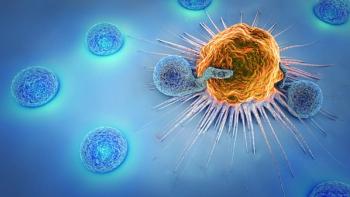
The NK cell therapy is also being evaluated in a phase 1 study for acute myeloid leukemia.

Overall survival was 72% at 12 months but dropped to 54% at 14.6 months.

A single administration of LN-145 monotherapy resulted in an overall response rate of 21.4% in patients with immunotherapy pretreated metastatic non–small cell lung cancer.

The first in-human study of CAR macrophages has dosed 2 participants so far.
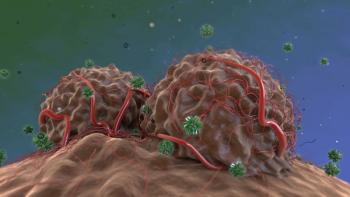
The BASECAMP-1 study is identifying patients with human leukocyte antigen (HLA) loss of heterozygosity (LOH) for future use of these therapies.
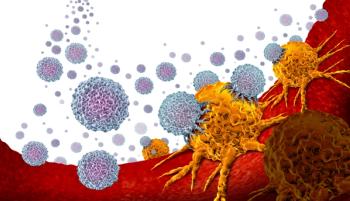
Three patients dosed had tumors shrinkages of 18%, 21%, and 27%.
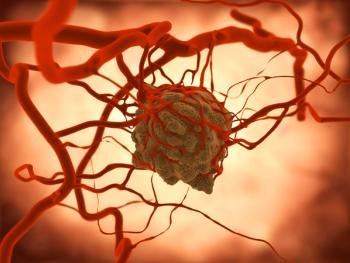
Data from the IMA203 trial were presented at the SITC 2021 annual meeting.
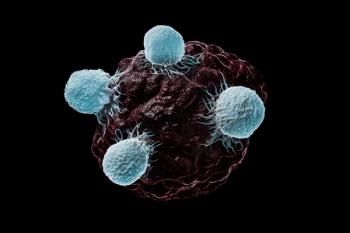
Thorsten Graef, MD, PhD, chief medical officer, Acepodia, discussed data on ACE1702 presented at ESMO 2021.
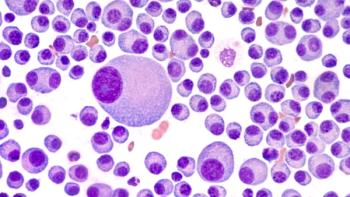
Overall response rate was 95%, including 75% of patients who achieved a complete response (CR) or better, with a median follow-up of 5.8 months at data cutoff.